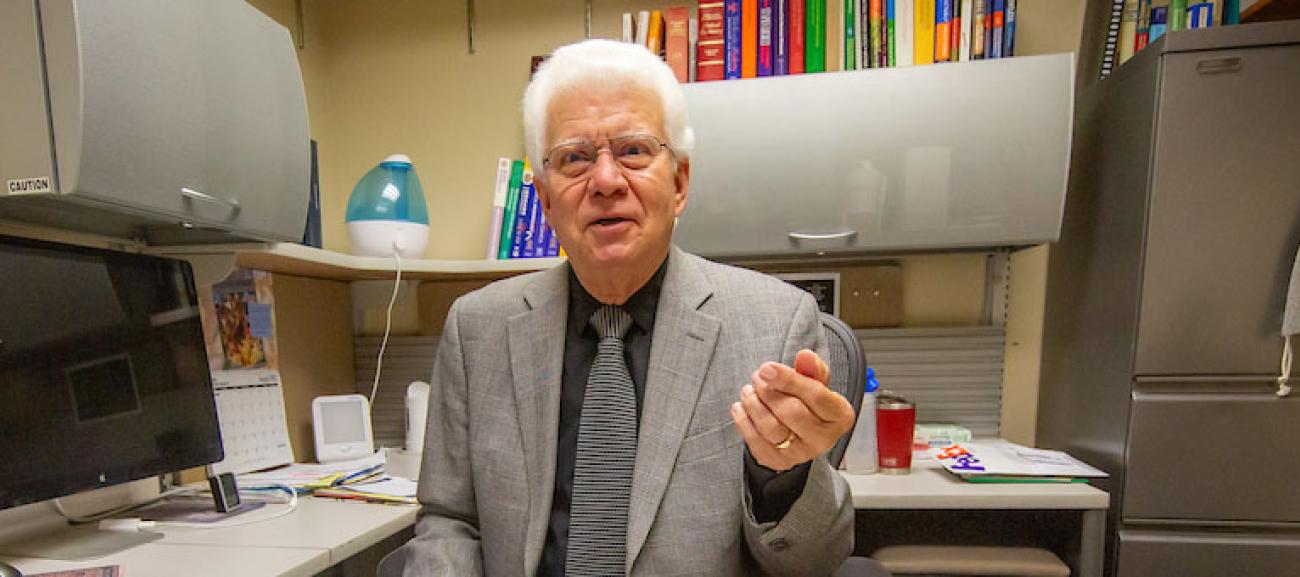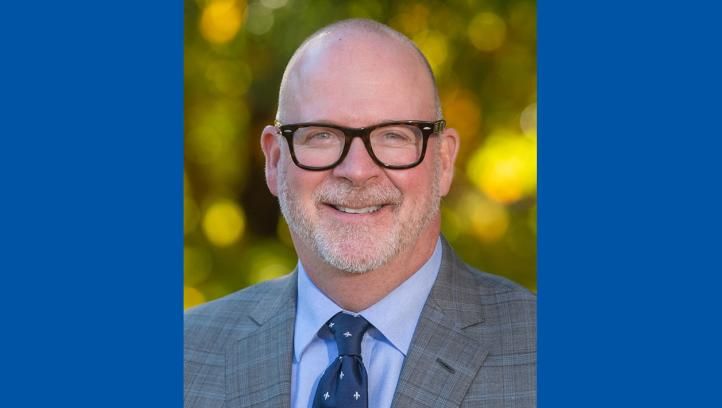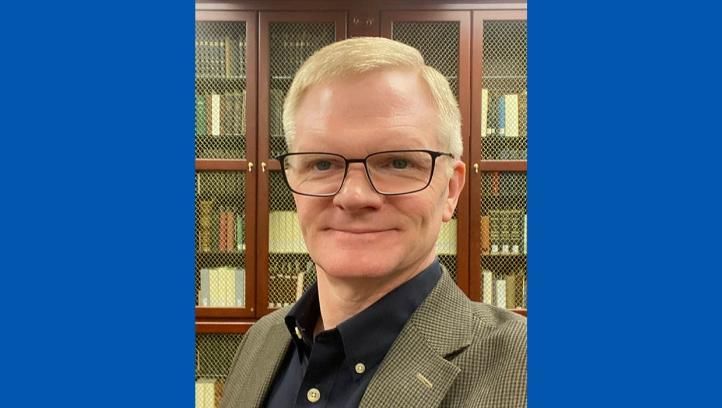
Creighton researcher joins battle against antibiotic resistance

When a professor of microbiology seeking funding for important infectious disease research in the United Arab Emirates needed an American expert to serve as principal co-investigator in her grant application, she found him at Creighton University.
The appointment of Richard Goering, PhD, professor of medical microbiology and immunology in the Creighton University School of Medicine, was testimony both to Goering’s reputation in the field and to Creighton’s growing global reach.
“The evidence of our high standing is reflected in the fact that the grant was reviewed by international experts in the field,” Goering says. “You want to be sure that the researchers are true experts. Do they have a proven track record so there is confidence that the money invested will produce meaningful results.”
The three-year project, which is dually funded by the UAE and the U.S. National Institutes of Health, will investigate the growing problem of the persistence and transmission of antibiotic resistant disease-causing organisms. Specifically, it will employ state-of-the-art molecular techniques to “fingerprint” the chromosomal structure of bacteria known as methicillin resistant Staphylococcus aureus (MRSA). By comparing the chromosomal fingerprints the study will attempt to track how antibiotic resistant organisms such as MRSA are able to spread from animals and the environment and infect human populations. Identifying and tracking the movement of undesirable agents such as MRSA brings hope of interrupting the transmission process.
The project is co-investigated by Abiola Catherine Senok, MBBS, PhD, professor of microbiology and infectious diseases at the Mohammed Bin Rashid University of Medicine and Health Sciences in Dubai who asked Goering to serve as the American co-investigator required as a condition of receiving NIH funds.
“NIH supports the project because it recognizes that antibiotic-resistant organisms such as MRSA are a huge problem worldwide, including the United States, and what is learned globally has application here in the United States.
“The world is full of problem organisms causing infectious diseases while developing resistance to antimicrobial chemotherapy” Goering says. “It isn’t possible to study all of them at once, but MRSA is one of the most globally widespread and resistant of them, so it serves as a good sentinel organism. If a way can be found to interrupt its persistence and transmission the chances are good that other organisms may be similarly managed.”
The study, which will be conducted in Dubai and online and which will require Goering’s presence in Dubai once or twice a year, will draw MRSA bacteria from multiple sources.
“We will have human sources, we will have animal sources, there will be wastewater sources, even from aircraft,” Goering says.
That comprehensive approach reflects the One Health Initiative, he says, which is a worldwide strategy developed by medical professionals for expanding interdisciplinary collaboration and communications in all aspects of healthcare for humans, animals and the environment.
















